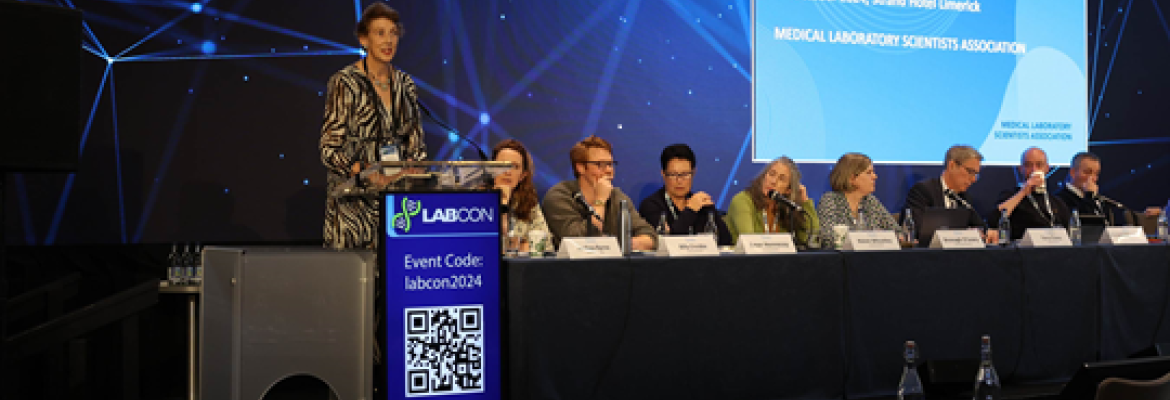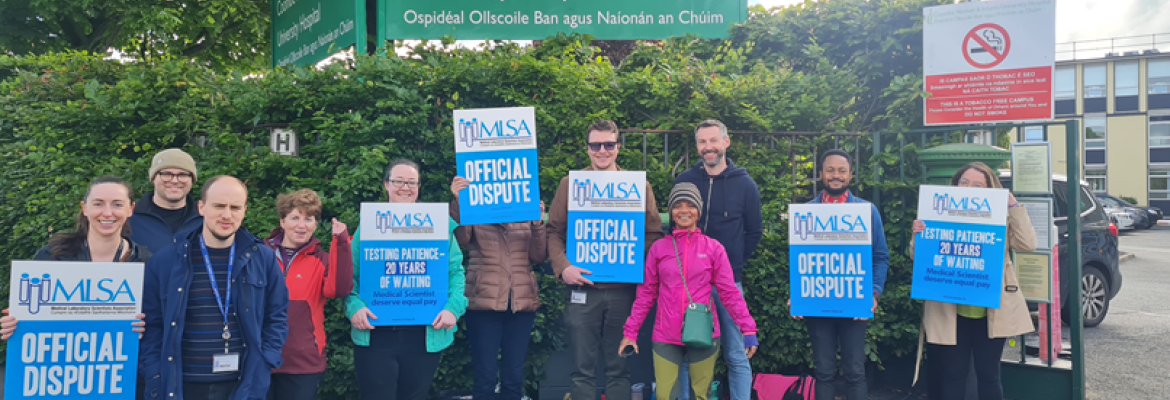The Union for Medical Scientists is to recommend to members that it reject the terms of the new Public Service Pay deal offered by Government.
Terms of a new pay deal were set out before Christmas, however the National Executive Committee of the Medical Laboratory Scientists Association (MLSA) has said the terms do not deal with key employment issues in the sector.
MLSA Chairperson Kevin O’Boyle said the Executive had discussed what was proposed following negotiations between the Department of Public Expenditure and Reform (DEPR) and the Irish Congress of Trade Unions (ICTU), and a unanimous decision was reached to recommend rejection to members.
“The proposed deal does not address the longstanding pay anomaly between Medical Scientist and Clinical Biochemist grades, which an Expert Group recommended should be paid the same salary as their work was of the same value. An ongoing recruitment and retention crisis exists in the sector and this must be addressed to achieve a sustainable laboratory workforce.”
Medical Scientists carry out critical diagnostic testing of patient samples in public hospitals, including urgent testing for COVID-19.
At the MLSA AGM last October members voted unanimously to ballot for industrial action – up to and including strike action – if these grievances are not be resolved within the new national public service pay agreement.
MLSA General Secretary Terry Casey said the view of the MLSA Executive Committee is that its longstanding pay disparities must be addressed without further delay.
“The Medical Scientists’ dispute dates back to 2002 and involves a claim for a restoration of pay parity with scientific colleagues who work in Biochemistry Laboratories. Medical Scientists carry out identical work, with the same responsibilities and yet are paid on average 8% less.
“Public Sector health workers from Nurses, Consultants to Lab Aides have secured significant pay increases in recent years. For Medical Scientists this, combined with the advancing role of laboratory diagnostics, increased responsibility, increased workloads and the longstanding challenges in recruitment and retention mean these employment issues need to be addressed with the HSE, Department of Health (DOH) and DEPR.
“There is a significant national shortage of Medical Scientists across the public health service, with up to 130 posts unfilled – even before the additional pressures of the pandemic. The reasons for this are inferior pay and conditions, poor career structure and limited promotional opportunities,” Mr Casey said.
ICTU is due to hold a vote on the proposed deal, across all its membership, on February 15.





